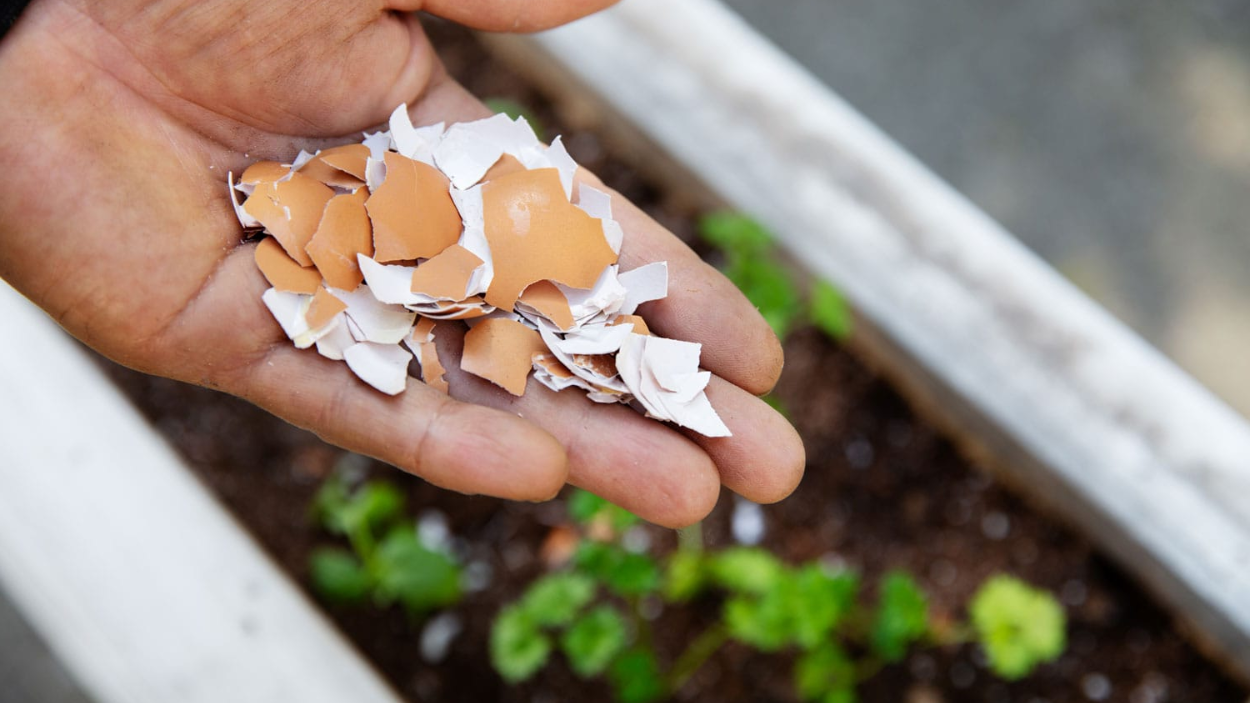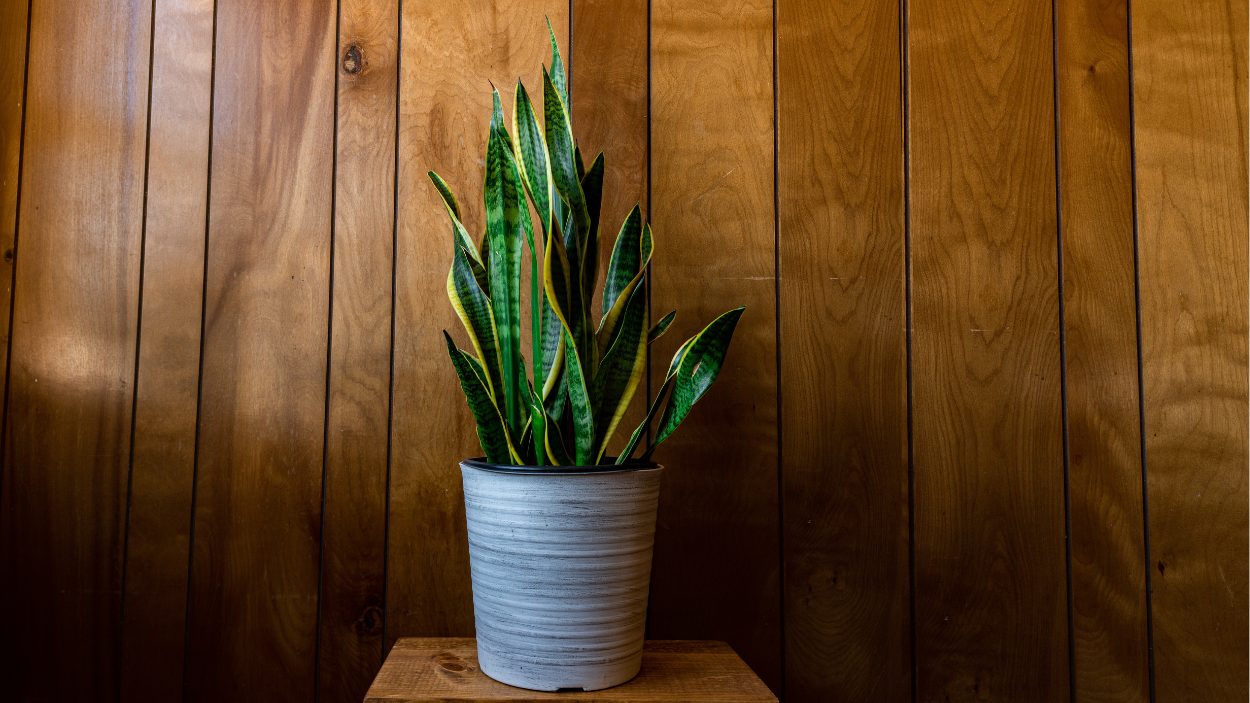Are you someone who loves the pungent taste and special aroma of onions? However, have you ever wondered why onions are so small? In this article, let's discover the reasons behind small onions and answer some frequently asked questions about this vegetable.
LACK OF WATER
Insufficient watering may lead your onion plants to bolt, resulting in undersized onions. These bulbs, while thirsty for water and nutrients, will not grow in wet soil. There is a fine line between adequately watering your onions and overwatering them. Overwatering onions exposes them to disease and leads them to decay.
If water scarcity is the source of small onions, it is vital that the plants receive consistent and adequate moisture. Onions require approximately 1 inch of water each week, which can be acquired from rainfall or irrigation. If the soil seems dry to the touch, it's time to water the plants. To ensure that the plants get enough water, use a soaker hose or drip irrigation system to send water directly to the soil rather than watering from above. This will keep the soil moist all the time without spoiling the bulbs.
INCORRECT ONION VARIETY
If the onion variety you planted is known to produce little bulbs, this could be the cause of your small onions. Onion types develop in diverse ways and yield bulbs of varying sizes. Some cultivars are noted for producing little bulbs, while others are recognized for producing huge bulbs.
Before planting onions, it is vital to research the many varieties and choose the one that is most suited to your growing conditions and desired bulb size. If you've already planted onions and are unhappy with the size of the bulbs, try a different variety next time. Consider the duration of the growing season, the size of the mature bulbs, the flavor and texture of the onions, and their resistance to pests and diseases when choosing onion types. Choosing the proper type can significantly affect the size and quality of your onion yield.
INADEQUATE SUNLIGHT
Onions require full sun to grow and develop properly, so a lack of sunshine could be the cause of your little onions. Onions require at least 6 hours of direct sunlight per day, but 8 to 10 hours is preferable. If the plants are grown in an area that receives less sunshine than this, their growth and bulb development may suffer.
To remedy the issue of insufficient sunshine, you may need to relocate your onion plants. Look for a location in your garden that gets full light for the majority of the day, and make sure the plants are not covered by adjacent trees or buildings. If you are growing onions in containers, you can move the pots to a more sunny spot or place them on a wheeled cart and move them throughout the day to follow the sun.
HARVESTING AT AN INOPPORTUNE TIME
When the tops of the onions begin to yellow and fall over, they are ready to harvest. Depending on when you planted them, this usually happens in late summer or early fall. Once the tops have fallen over, gently pull the bulbs out of the ground and leave them to dry for a few weeks in a warm, dry spot. If you pick your onions before the tops have fully yellowed and fallen away, the bulbs may be underdeveloped and undersized. Conversely, if you leave the onions in the ground for too long, the bulbs may split or rot, affecting their size and quality.
Keep an eye on the tops and check the bulbs frequently by gently digging around the base of the plant to ensure you harvest your onions at the proper time. It's time to harvest the bulbs once the tops have fallen over and they've reached their maximum size. You can assist ensure that your onions reach their full potential and produce large, healthy bulbs by harvesting them at the correct time.
FREQUENTLY ASKED QUESTIONS
1. Q: Will larger seeds produce larger bulbs?
A: Not necessarily. While larger seeds give onion plants a head start, genetic and environmental factors ultimately determine the final bulb size.
2. Q: Are small onions less nutritious than larger onions?
A: No, the nutritional value of an onion is unaffected by its size. Small onions are nutritionally equivalent to larger onions.
FINAL THOUGHT
A variety of factors can cause onions to produce small bulbs, from plant health issues to environmental stresses to genetic limitations. Following best practices for soil fertility, disease and pest management, proper storage, and using high-performing varieties can help maximize onion size within a given genetic potential. With the right conditions, onions can reach their full growth potential.




